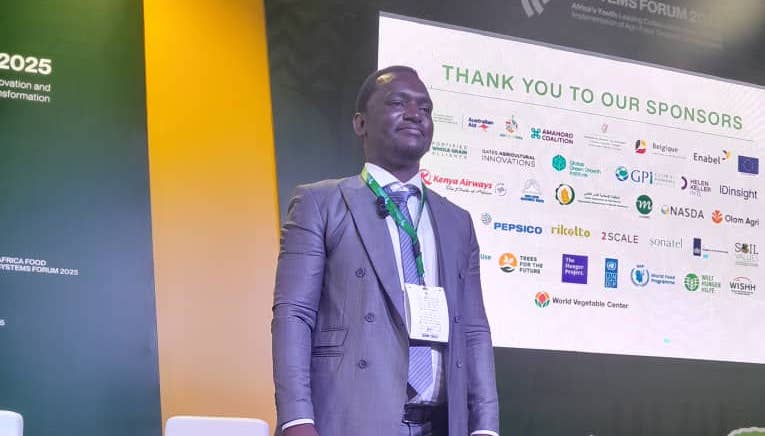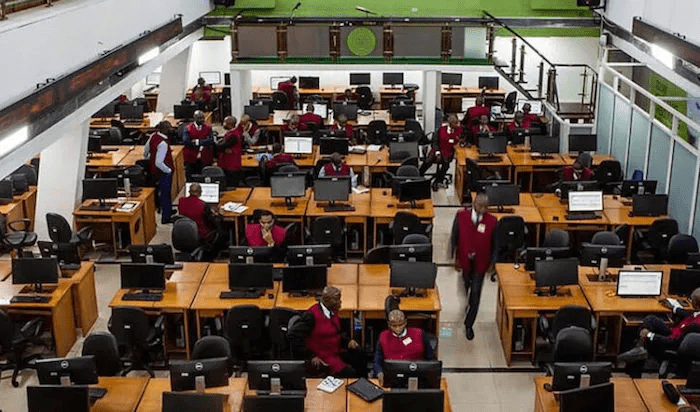Alex Enumahin Abuja
The Supreme Court has affirmed a judgment of a Court of Appeal, which ordered the retrial of a man, Yahaya Ibrahim, convicted and sentenced to death for culpable homicide by a Kano State High Court.
A five-member panel of justices of the apex court in a unanimous judgment, held the lower court was in order in arriving at the decision for the retrial of the appellant.
Meanwhile, the apex court in the lead judgment delivered by Justice TijjaniAbubakar JSC, dismissed Yahaya’s appeal against the Appeal Court’s decision for lacking in merit.
The apex court held the Appeal Court sitting in Kaduna was “right in so holding and ordering that the appellant be made to face a fresh trial to offer his plea since his plea was not taken on the amended charge.”
The panel therefore dismissed Yahaya’s appeal filed by his lawyer, Emmanuel Ekpenyong, seeking his discharge of the offences charged at the Kano State High Court, upon the appellate court’s judgment that he was not properly arraigned.
At the High Court, Yahaya was charged alongside eight other co-accused persons on a three-count charge of conspiracy, culpable homicide punishable with death and causing hurt.
The state had alleged the suspects, on or about November 3, 2011, at about 2230hrs at GarinBabba Village, did commit culpable homicide punishable with death, in that they caused the death of one Alhaji Sabo Jae by attacking him while he slept, with sticks and swords with the intention of causing his death.
The offence is said to be punishable under Section 221 of the Penal Code (Cap 105) Laws of Kano State of Nigeria, 1991.
They were also alleged to have, on or about November 3, 2011, about same time, attacked and beat one Idris Muhammad Jae as a result of which he sustained serious injuries.
The offence is said to be contrary to Section 241 (g) of the Penal Code Cap 105) Laws of Kano State of Nigeria, 1991.
At the trial, the prosecution called a total number of four witnesses who testified as PW-1 to PW-4 respectively, and tendered 10 exhibits.
On the part of Yahaya, a total of 12 witnesses were called in defence of his case.
At the conclusion of trial, the trial judge, in a comprehensive judgment delivered on June 30, 2014 found the appellant and his other co-accused persons guilty and were accordingly convicted of the offences.
They were all sentenced to death under Section 221 of the Penal Code, and a period of one month for causing grievous hurt.
Dissatisfied with the judgment, Yahaya filed an appeal at the Court of Appeal, Kaduna Division.
The Court of Appeal on March 26, 2019, allowed Yahaya’s appeal and an order of retrial was made before another judge other than Justice Aliyu who tried and convicted him.
Aggrieved by the decision of the appellate court, Yahaya further appealed to the Supreme Court, through his lead counsel, Mr. Ekpenyong of the law firm of Fred-Young & Evans LP.
In his Amended Appellant’s Brief of Argument marked: SC/1052°/2019, and filed February 2025, the lawyer posed one issue for determination.
“Whether in the circumstances of this case, the learned justices of the Court of Appeal were right to make an order for a fresh trial of the appellant when the factors for the court to order a fresh trial do not co-exist in this case.”
Ekpenyong referred to the apex court’s decisions, in Hassan vs. FRN (2007) and Yahaya vs. State (2000), to submit that where a trial is declared a nullity by an appellate court, the court would either discharge the appellant or make an order of fresh trial.
He argued the Appeal Court did not properly consider the factors in relation to the circumstances of the case as required before making an order for a fresh trial.
He submitted the Appeal Court did not consider the interest of justice in the circumstance of the case and this, he argued, resulted in miscarriage of justice against his client.
Justice TijjaniAbubakar while delivering the lead judgment on May 23 and its certified true copy made available to newsmen on Monday, held that from the decisions in the avalanche of cases, including those cited, it is beyond peradventure that the arraignment of the appellant at the trial court failed to satisfy the requirements of the law.
“In the end therefore, the appellant’s appeal is patently lacking in merit and therefore deserves to be and is hereby dismissed.
“The judgment of the lower court delivered on the 26th day of March, 2019, in appeal No CA/K/147E/C/2015 is affirmed.
“Appellant is hereby ordered to march to the trial court to face his retrial,” the judge said.


